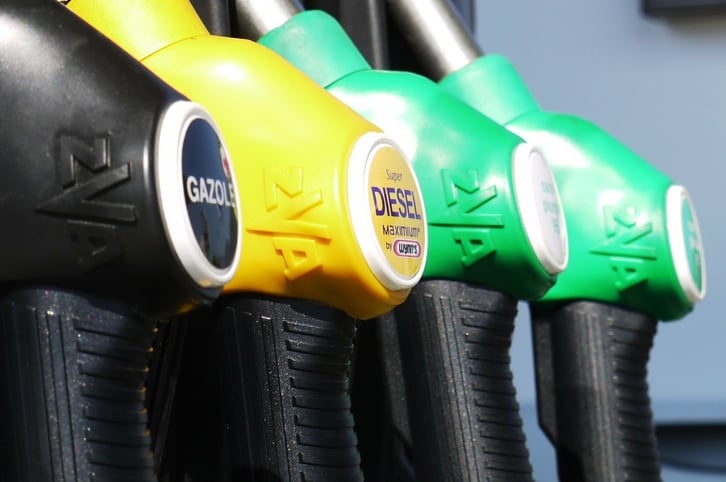
We often remind people that there is a lot to consider when managing a fleet: from fleet fuel consumption to fleet safety, there are many things to think about, but this does not mean fleet managers have to view each of them as separate entities, since every single issue might influence the performance of your fleet or be interdependent with one another.
Actually, the relationship between fleet fuel consumption and the safety of your fleet is a very good one to focus on, if you haven’t already considered it before. If you check your fuel consumption proactively and observe driver behaviour, you will notice (and it is no coincidence) that the most fuel efficient behaviours also contribute to running your fleet safely. Here you have some of the most unsafe behaviours that also consume more fuel:
1. Speeding
Speeding is not MPG-friendly. Keeping your speed at the legal recommended limits will make your driving more fuel efficient, environment friendly and safe—it is one of the top causes of collisions.
2. Harsh braking
This driving style not only wastes fuel, but indicates that those who practice it do not maintain a safe distance from the vehicle in front and are given to aggressive driving and tailgating. It stands to reason that if you keep a good following distance and adopt a more defensive driving style, you can simply decelerate or make much lighter use of the brakes when necessary.
3. Rapid acceleration
This behaviour is another demonstration of when a driver is not practising a smooth style, but making heavy use of pedals and acceleration rather than assuming a constant speed. Inconsistent speed wastes fuel, and rapid acceleration is again indicative of an aggressive driving style and can put drivers at risk of a collision if the vehicle in front suddenly stops.
Fuel consumption is, therefore, a clear indicator, not only of fuel usage, but also a method of gauging the risks and safety of your fleet.





